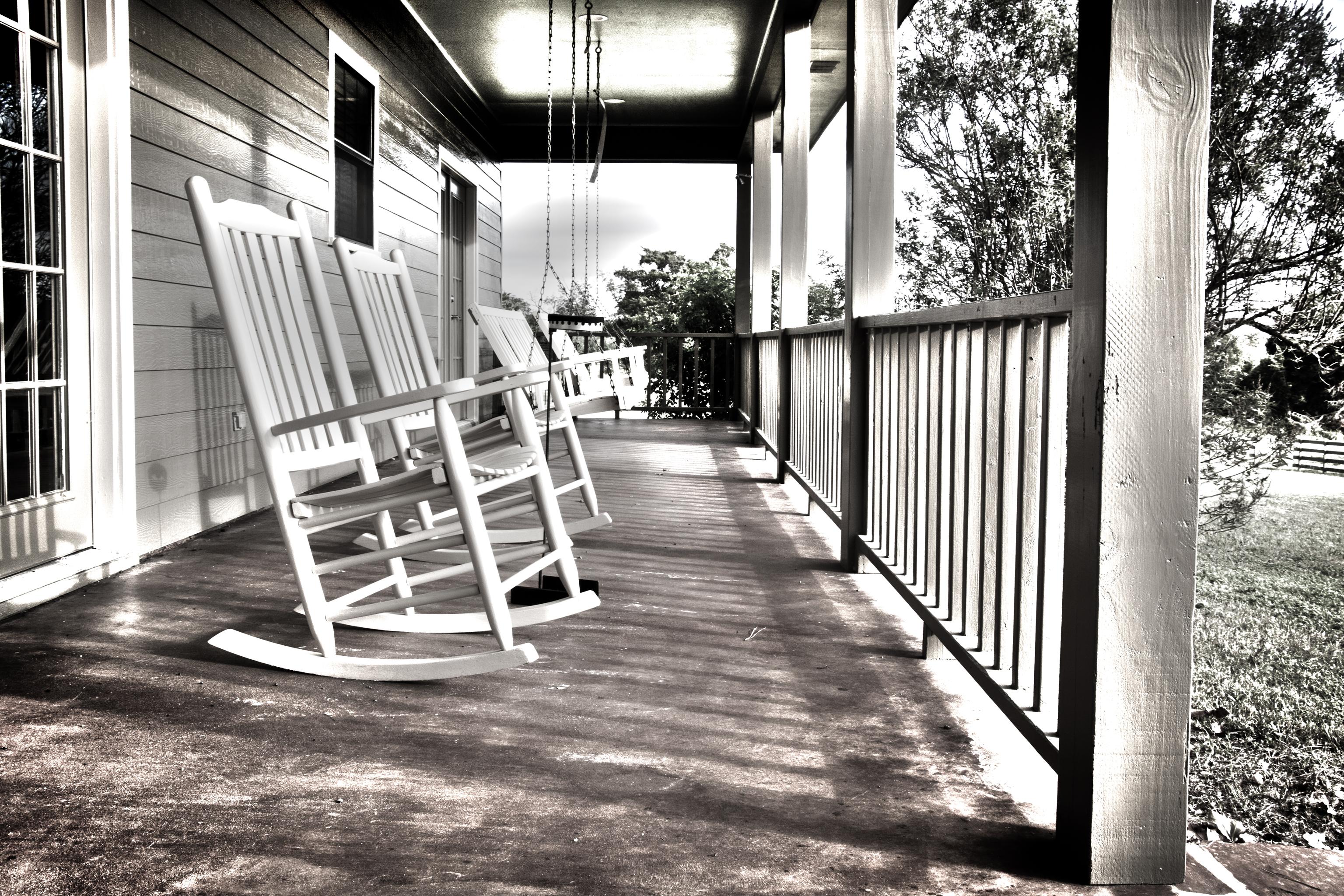
29 Dec Tips to evaluate a retirement community
Photo: psarahtonen/morguefile.comQ. My wife and I are in our mid 60s and looking at active retirement communities. Some of these communities are still under construction. How do we evaluate a community other than though multiple visits and talking to residents?
A. Congrats on your pending move!
It is good to hear that you and your wife are asking many questions. Selling your longtime home and buying a new place in a retirement community is certainly a process that involves lots of decisions.
The questions you should be asking should involve both your lifestyle and your finances, said James Marchesi, a certified financial planner with Mill Ridge Wealth Management in Chester.
He recommends you start by reading and researching, and reading and researching more.
Some of the web sites he says may help include seniorsresourceguide.com, activeadultliving.com, 55places.com and topretirements.com.
First, start out with deciding if the geographic location is where you really want to be. Is it close enough to friends and family, and even your doctors?
Then, yes, the current residents are a great place to start, Marchesi said. Ask them why they chose this community over others.
Then, ask about the homeowner’s association, if there is one. This could be a good way to learn about any complaints or grievances new homeowners have about just about anything. Get your hands on the minutes of recent meeting to see what concerns have come up.
Some 55+ communities have more planned activities and services than others, so be sure to understand what the community offers.
If this is a community where there is some form of health care offered, be sure to understand the benefits and costs — no matter how healthy you are today.
Marchesi says to ask: What levels of care are on-site? What levels of care can a resident receive in their home? What change in care need would result in the resident having to move to a different location (other than their home).
And don’t forget about the fun stuff.
“Ask to see and discuss the current Activities calendar,” Marchesi said. “Do people mainly play golf, tennis, bingo or bocce?”
Then find out what amenities are in included in the price, or your monthly dues, and what costs extra, he said.
Also be sure to understand any rules about visiting grandchildren, such as if they’re allowed in the pool when they visit.
Turning to the financial aspect of a given community, Marchesi said there are key areas to focus on.
“If the community is on the drawing board or just started, you want to check out the developer’s finances and see other projects they completed,” he said.
If there’s an entrance fee commitment, learn if it’s wholly or partially refundable if your situation changes prior to taking ownership, he said.
“If there is a monthly homeowner’s association (HOA) fee, know what it covers and determine if services gained are important and reasonable to you, and ask to see the HOA association document,” he said.
Also learn the state of the community infrastructure — roofs, elevators, roads, etc. — because any needs the community has could translate into a special assessment for residents, and that could be an unexpected cost down the road.
“Ranking your priorities will be important when considering the climate, environment and population density you desire,” Marchesi said. “Other important factors will be the size of the community, the offerings — activities and amenities — and style of home. The most important consideration, obviously, will be your purchase and long-term operating budgets.
Create a short list of potential communities, visit them — Marchesi said many will offer a day pass or a two-night stay, and talk to residents.
“Once you find `the one,’ don’t rush,” he said. “Weigh the pros and the cons, and take time to be as sure as you can that you will be happy and comfortable for the long run.”
Also be sure you understand the tax complications of selling a home in New Jersey. And if you’re leaving the state, brush up on the exit tax, too.
Email your questions to Ask@NJMoneyHelp.com.
This story was first posted in December 2014.
NJMoneyHelp.com presents certain general financial planning principles and advice, but should never be viewed as a substitute for obtaining advice from a personal professional advisor who understands your unique individual circumstances.
